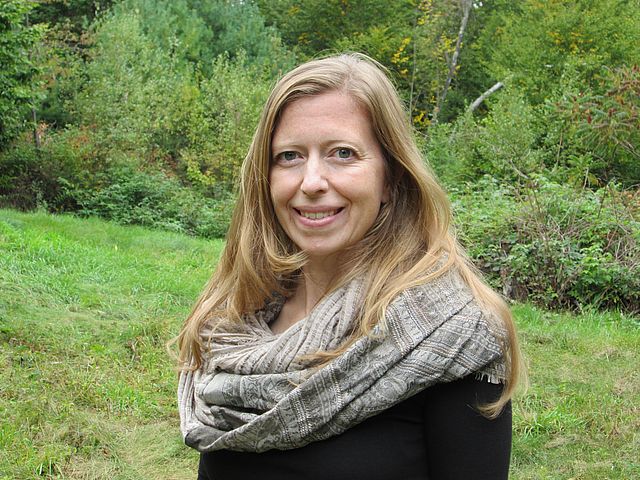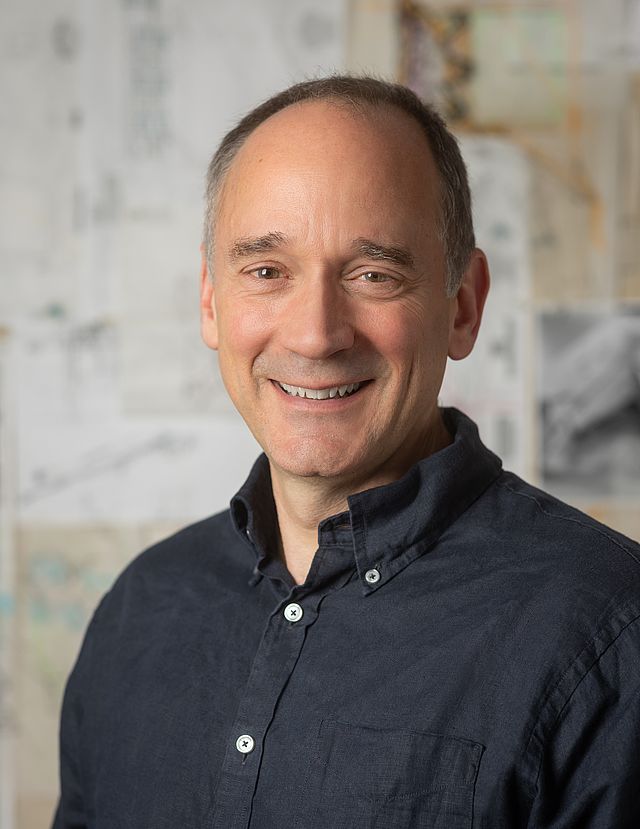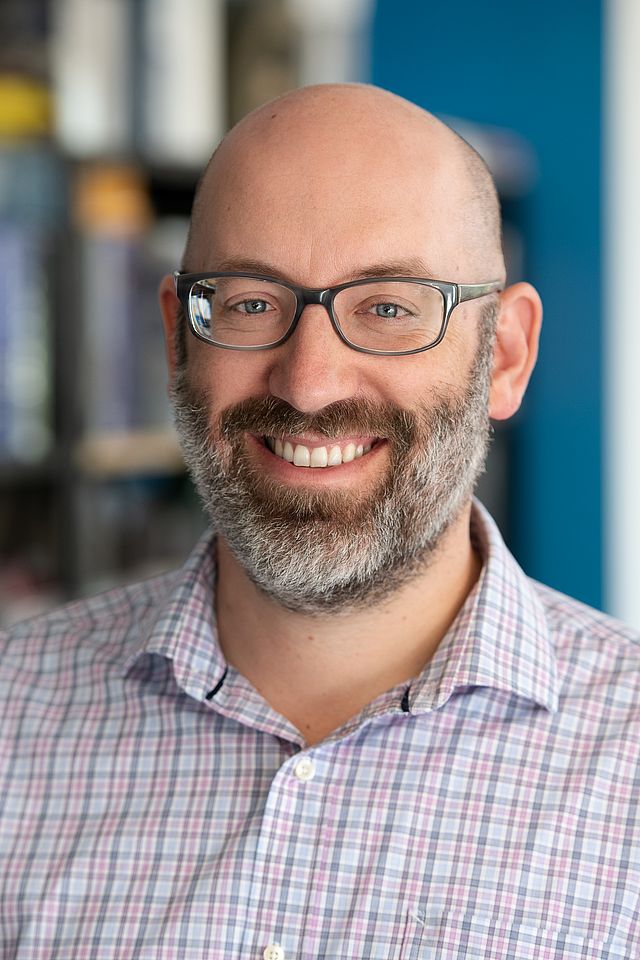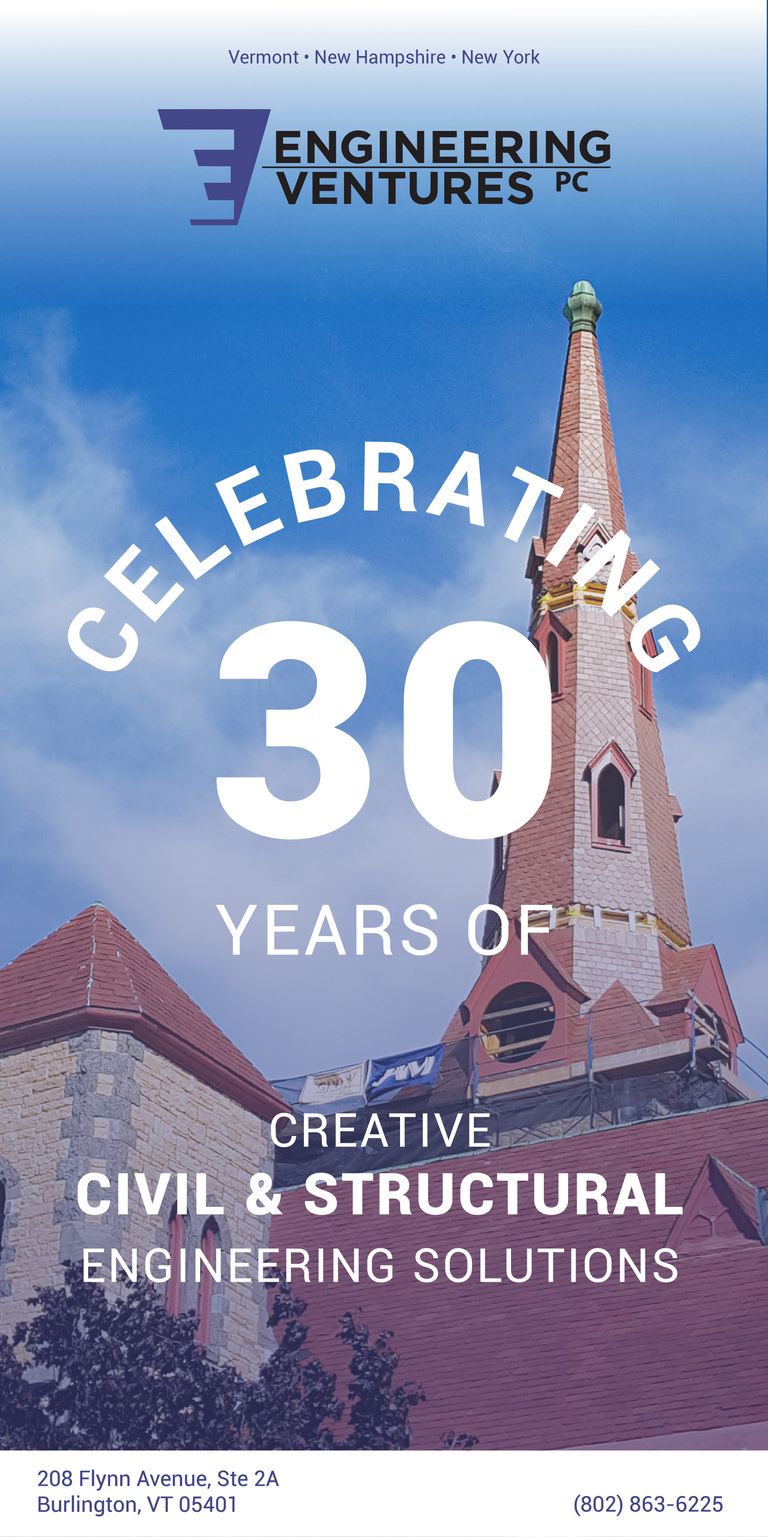AIAVT Members Jury AIA Grand Rapids Design Program
There's no better feeling than returning a favor. This rings true when AIAVT gets the opportunity to provide a jury for a chapter who has previously done the same for us. In 2023 AIAVT's Annual Design Awards jury was made up of five jurors from Grand Rapids. In 2024, AIA Grand Rapids reached out to AIA Vermont's Awards Committee to request that we put together a jury to review and select the winners of their Design Awards. It was a pleasure to work with AIA Grand Rapids to facilitate this process.
AIAVT put out a call for jury nominations, (which stays open on a rolling deadline- put your name in that hat here), and received a number of highly qualified nominees. Ultimately, a jury was selected that brought together Diantha Korzun, AIA of gbArchitrecture, John McLeod, AIA of McLeod Architects, Kevin Trout, AIA of Scott + Partners, Michael Alvanos, Assoc. AIA of JRMA Design Studio, AIA and Ryan DIrks, AIA of Perkins Eastman. Learn about each of the jurors below.
Diantha Korzun, AIA: A partner at gbArchitecture, Diantha is committed to socially conscious projects and the creation of beautiful, sustainable buildings that are suited to their place through studying the culture, climate, and environment. Diantha has extensive design and project leadership experience and has been focused on working on school and community projects in the US and abroad for over twenty-five years. She has lived and worked all over the world which
has fueled her passion for discovering the unique qualities of people and places in order to design spaces that fit the environment but are of the time. She has lived and studied in Rome, Italy; Cuernavaca, Mexico; and Paris, France. International K-12 school work has taken her to Bucharest, Romania; Basa, Nepal; Sofia, Bulgaria; Addis Ababa, Ethiopia; Paris, France; and Waterloo, Belgium.
Ryan Dirks, AIA is an architect and sustainability specialist at Perkins Eastman, with over 15 years of experience in a wide range of project types and sizes. His expertise is in all things related to building enclosures, building science education, and especially energy and carbon. He applies his experience as a project architect to help teams find cost-effective solutions that reduce carbon emissions while simultaneously improving the quality of experience for the building’s occupants. Since 2008, Ryan has worked in a variety of practice areas, ranging from single-family Passive Houses to hospital towers and nearly everything in between. He applies this breadth of experience to every project and strives to help create practical solutions that improve performance no matter what the project constraints are.
Originally from Iowa, he recently moved to Essex to get closer to family and the many outdoor activities that Vermont offers. He has an undergraduate degree from Iowa State University and a Master of Science in Architecture degree from the University of Oregon, where he also helped teach courses in the field of sustainability. Ryan is especially passionate about the Passive House certification system due to its exceptional track record of delivering significant energy savings while providing superior indoor environmental quality. He helped write the textbook Passive House Details, has presented at several conferences on the subject of carbon, and loves mentoring emerging professionals about the positive impact that sustainable design has on our communities and climate.
John H. McLeod, AIA is the founding principal of McLeod Architects based in Middlebury, Vermont, a firm dedicated to practice, teaching, and community engagement. The work of McLeod Architects, which ranges from institutional to residential, has been featured in a variety of publications and recognized with numerous design awards. In 2020, Architectural Record named the firm to its Design Vanguard: “Ten emerging practices from around the globe…at the forefront of design, led by architects to watch.” Since 2012, the firm has run “Design Assembly”—an intensive program for students to design and build projects in just eight days for rural communities in northern New England. As an Associate Professor of Architecture at Middlebury College, John teaches a variety of design studios, including those in which students design the houses that are built by Habitat for Humanity of Addison County, Vermont.
John received an undergraduate degree in English from the University of Virginia, and his Master of Architecture degree from Virginia Tech. He interned at Studio Architetto Hunziker in Ticino, Switzerland, and then went on to practice with Rogers Marvel Architects in New York. There, as an associate, he worked primarily on arts and cultural projects. He relocated to Vermont in 2004 to teach and start his own practice. John has lectured at architecture schools around the U.S. and abroad and has served as a director and president of the American Institute of Architects Vermont Chapter.
Michael Alvanos, Assoc. AIA is a project manager and designer affiliated with JRMA Design Studio, situated in Shelburne, Vermont. His recent portfolio showcases a diverse range of projects, with a particular focus on urban-infill developments within the greater Chittenden County area. Notably, he has been instrumental in spearheading the creation of a 30-unit mixed-use development in Burlington's vibrant South End District.
Hailing from Burlington, Vermont, Michael's architectural education commenced at the University of Nevada Las Vegas, where he honed his skills in crafting quality urban environments. His formative years were established at Richard Beckman Architects, where he played a role in supporting the Las Vegas Arts District Master Plan and contributing to various infill projects in North Las Vegas.
In 2005, Michael transitioned to Lemay+Youkel Architects in Burlington, where he further refined his expertise in resort planning, multifamily housing, and mixed-use developments. This enriching experience laid the foundation for his collaboration with architect John Rooney in 2011, marking the inception of his enduring partnership with JRMA Design Studio. Since then, Michael has been an active advocate for urban infill strategies and conservation efforts in Vermont, serving on local community boards to drive sustainable development practices.
Kevin Trout, AIA is an architect and Principal at Scott + Partners Architecture in Burlington, Vermont. He earned his degree from the University at Buffalo and has been shaping his vision of human-scaled places that respond to our perceptions for the past 25 years. His education includes working with notable personalities in architecture, music, and the metal arts. Kevin's design and construction journey began with world-renowned metal sculptor and artist Albert Paley, where he learned to balance the conceptual projects developed on paper at university with the tangible, built work in metal and glass.
Continuing his architectural studies, Kevin specialized in historic preservation with the esteemed firm Bero Architecture. Over 12 years, his projects encompassed various scales and degrees of adaptive reuse and restoration, from historic house and church restorations to museum expansions and Frank Lloyd Wright building renovations. His practice expanded to include non-historic projects when he joined Scott + Partners Architecture in 2013, becoming principal five years later.
At Scott + Partners, Kevin developed a modern understanding of architects' responsibilities towards sustainability and climate action. Under the mentorship of his seniors, he learned to tailor building science to suit the specific constraints of each project. As carbon literacy has gained importance in reducing embodied energy and emissions, Kevin has pioneered ways for the firm to lead each project with design and material decisions that minimize climate impact. He believes it's time for architects and owners to evaluate material selection based on more than just cost and R-values.
Kevin's diverse experiences in preservation, commercial architecture, the arts, and the music industry have taught him that people are central to his work. Beyond philosophical tenets, magazines, and awards, his most important criterion for success is focusing on the people involved with and served by his work. No matter how aesthetically pleasing a building may be, it must fulfill its program and solve problems for its users to be truly successful. This includes addressing the universal challenge of transforming the construction industry's climate impact from negative to positive.










